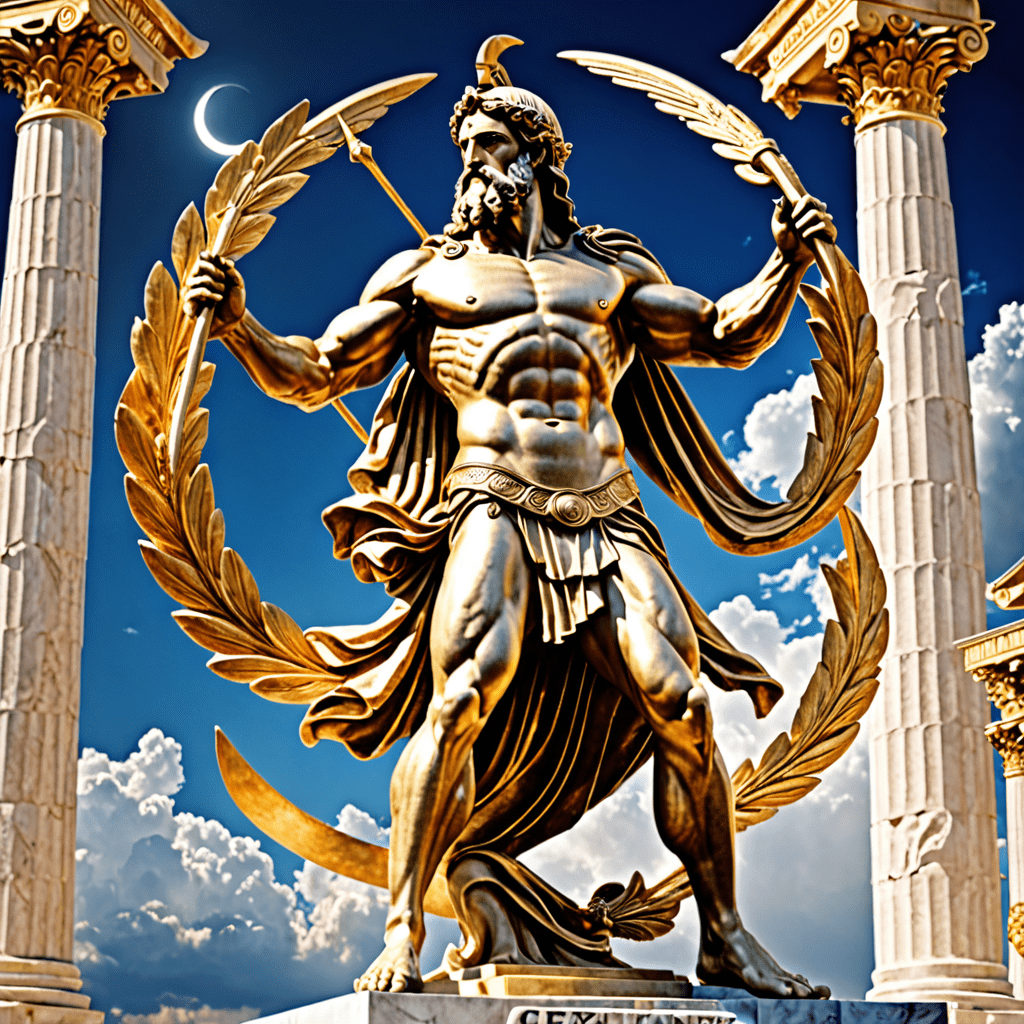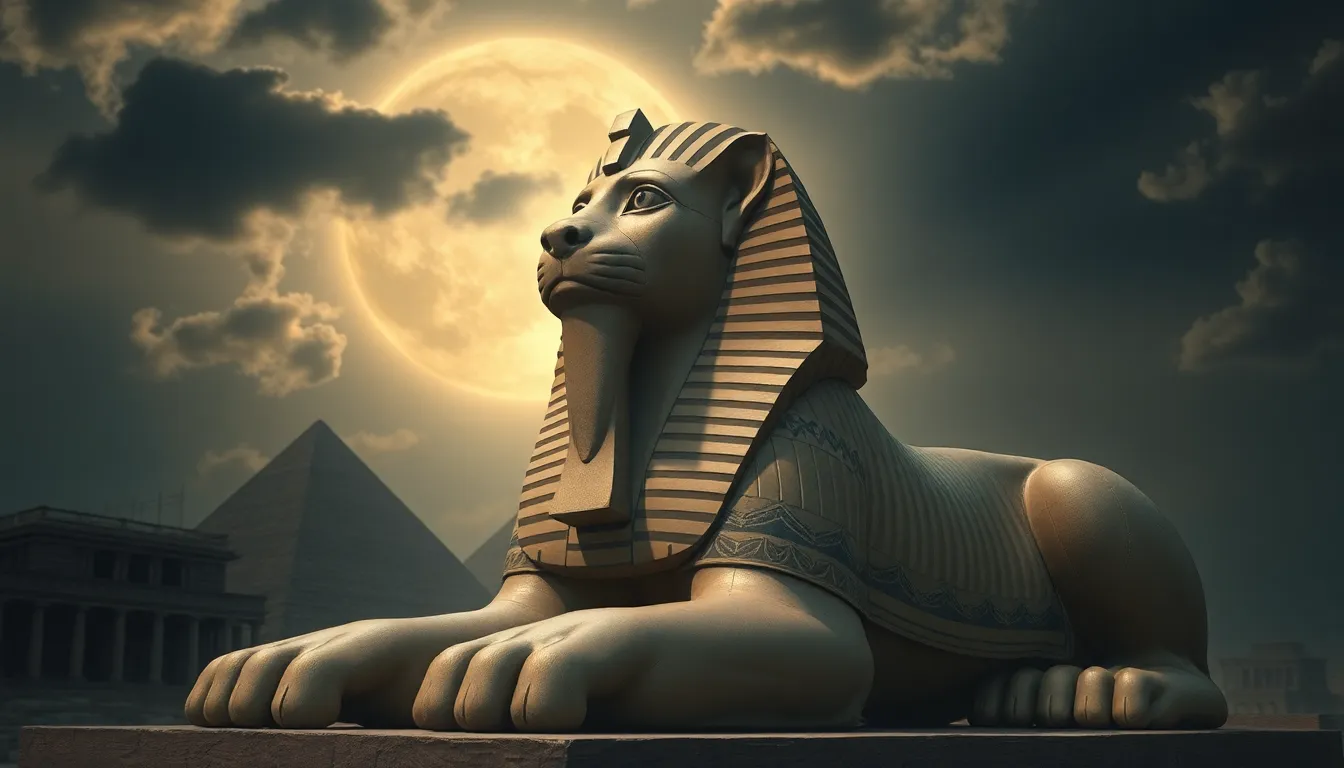Greek Mythology and the Concept of Eternity
In Greek mythology, the concept of eternity is deeply intertwined with the tales of gods, goddesses, and mythical creatures. Let’s explore how the ancient Greeks understood and portrayed the idea of eternity in their rich collection of myths.
1. Understanding the Eternal Beings of Greek Mythology
In Greek mythology, immortality and eternal life were often associated with the gods and goddesses who resided on Mount Olympus. These divine beings, such as Zeus, Hera, Athena, and Apollo, were believed to be eternal and ageless, symbolizing timeless power and wisdom.
Additionally, figures like the Fates (Moirai) and the Seasons (Horai) personified aspects of eternity through their unending presence in the tapestry of fate and time.
2. The Concept of Timelessness in Greek Myths
For the ancient Greeks, eternity was not merely a linear concept but a cyclical and everlasting force. Mythological tales often depicted the cyclical nature of time, where creation, destruction, and rebirth coexisted seamlessly.
Legends of the Titan Cronus devouring his children and Zeus overthrowing him to establish a new order highlight the eternal struggle between generations and the continuous cycle of power and rulership.
3. Eternity in the Afterlife: Tartarus, Elysium, and the Underworld
Within Greek mythology, the realm of the afterlife played a crucial role in understanding eternity. Souls were believed to journey to various realms based on their deeds in life.
Tartarus represented eternal punishment for the wicked, while Elysium offered eternal paradise for the virtuous. These mythical realms underscored the Greeks’ belief in the everlasting consequences of one’s actions beyond mortal life.
4. Symbolism of Eternal Themes in Greek Mythology
Symbolically, the concept of eternity in Greek mythology extended beyond the divine realm to encompass universal themes such as love, wisdom, and power. Myths like the eternal love of Eros and Psyche or the wisdom of Athena reflected timeless truths that resonated with ancient and modern audiences alike.
By exploring these timeless tales, we gain a deeper understanding of how the Greeks perceived eternity as an intrinsic part of the human experience, mirrored through their myths and legends.
Frequently Asked Questions about Greek Mythology and the Concept of Eternity
What is Greek Mythology?
Greek Mythology refers to the collection of myths and stories originating from ancient Greece, involving gods, goddesses, heroes, and mythical creatures. These tales explain natural phenomena, the origins of the world, and the behaviors of deities.
How is the Concept of Eternity portrayed in Greek Mythology?
In Greek Mythology, the concept of eternity is often depicted through immortal gods and goddesses who exist forever. These deities, such as Zeus, Hera, and Apollo, are eternal beings who rule over various aspects of the universe and human life.
What role does Eternity play in Greek Mythological stories?
Eternity plays a significant role in Greek myths as it underscores the timeless nature of gods and certain legendary figures. The idea of immortality and eternal punishment or reward also features prominently in tales like the myth of Prometheus and the story of Sisyphus.


